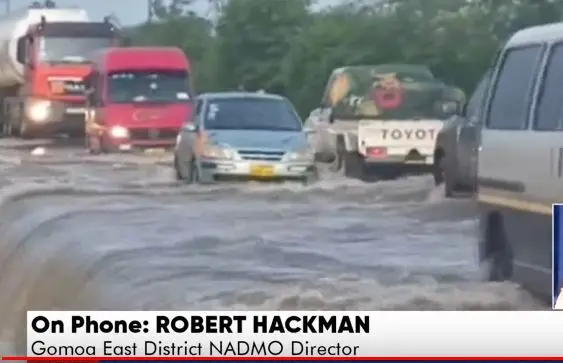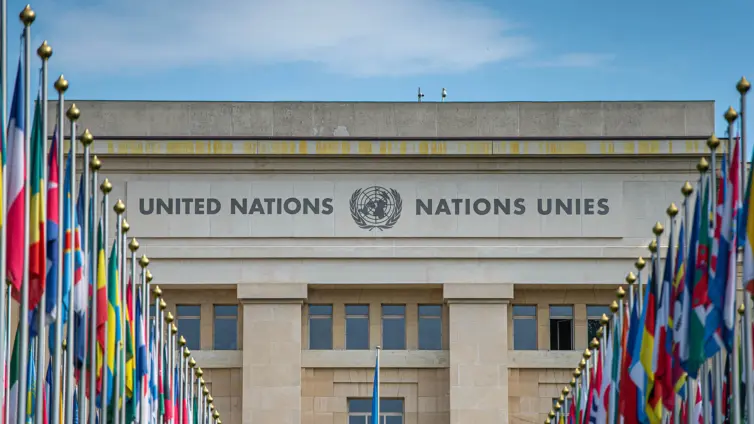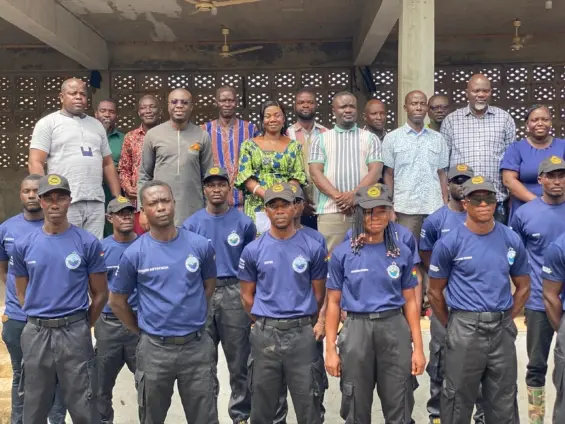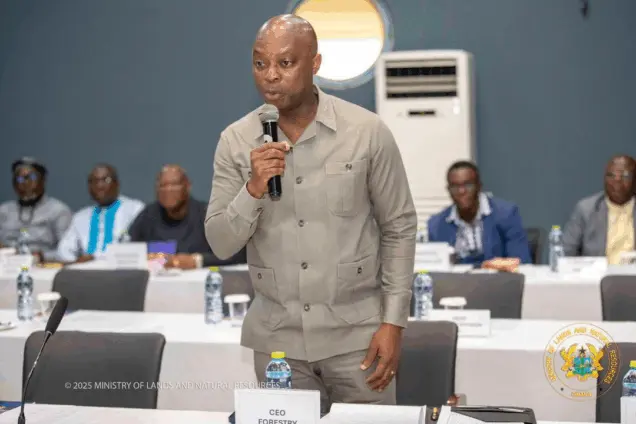Each year, the rains descend on Ghana, and with them comes a familiar dread. Families are displaced, businesses shuttered, and lives tragically lost as floodwaters inundate communities across the nation. The Mindset Transformation Initiative (MTI) has taken a firm stance against what it calls a preventable crisis, issuing a powerful statement: “Declare War on Illegal Activities Fuelling Perennial Flooding — The Time to Act is Now.”
The MTI argues that the recurrent Ghana flooding is not simply an act of nature, but a man-made disaster born of illegal activities, systemic negligence, and a deeply ingrained national mindset that tolerates practices contributing to the problem. They are calling for urgent and decisive action from all levels of society to combat the root causes of the flooding, and to implement sustainable solutions to mitigate its impact. The time for empty promises and blame-shifting, they say, is over.
The Grim Reality of Recurring Flooding in Ghana
The scenes are all too familiar: homes submerged, businesses ruined, roads washed away, and lives lost. The annual Ghana flooding leaves a trail of destruction in its wake, crippling communities and exacerbating existing inequalities. The economic impact alone is staggering, with millions of cedis lost each year in damaged infrastructure and lost productivity.
“These are not acts of nature alone; they are the painful consequences of human actions — or more accurately, inactions.”
The MTI contends that these are not merely natural disasters. They are the direct result of human activity, specifically, building on watercourses, unregulated sand winning, indiscriminate waste disposal, and a general lack of enforcement of existing laws designed to prevent such practices. They say that addressing these illegal activities is critical to mitigating the impact of future Ghana flooding.
MTI’s Call for a National Mindset Revolution
The MTI is calling for a fundamental shift in thinking, behaviour, and leadership across all sectors of Ghanaian society. They describe the flooding crisis as a “national mindset issue,” arguing that until the underlying attitudes and behaviours that contribute to the problem are addressed, sustainable solutions will remain elusive. This requires citizens to adopt a new environmental consciousness and commit to responsible waste management practices.
“We cannot continue to build on watercourses and pretend to be shocked when water claims back its path,” the MTI stated. “We cannot keep choking our drains with plastics and waste, then wonder why they overflow.” This mindset transformation, they believe, is the foundation upon which long-term solutions can be built.
The MTI has issued a series of specific demands to key stakeholders. Government agencies must enforce existing laws, demolish illegal structures built on waterways, and prosecute those responsible for environmental violations. “Let the law bite—and bite hard,” they urge. Municipal and District Assemblies must cease issuing illegal building permits, conduct regular and sustained clean-up campaigns to clear drains and waterways, and invest in infrastructure improvements to better manage stormwater runoff. Traditional authorities must halt the allocation of land in vulnerable areas, prioritizing the safety and well-being of their communities over short-term economic gains. Citizens must take responsibility for their actions, stop littering and dumping refuse indiscriminately, and actively participate in efforts to keep their communities clean. The media needs to shift its focus towards education and investigative reporting, holding those in power accountable and raising awareness about the causes and consequences of Ghana flooding. Faith-based organizations and schools must instill in their members and students the values of discipline and environmental stewardship.
Treating Flooding as a National Emergency
The MTI insists that Ghana flooding must be treated as a national emergency, not simply a seasonal inconvenience. They are advocating for proactive measures to be taken before the rains arrive, rather than reactive responses after the damage has already been done. While they commend the efforts of Metropolitan, Municipal, and District Chief Executives (MMDCEs) in addressing the issue, they stress the need for a more comprehensive and sustained approach.
“This is not seasonal. It is not political. It is a Ghanaian problem. And it demands a Ghanaian solution.”
The MTI calls for unity of purpose and a renewed sense of patriotic responsibility. They believe that by working together, Ghanaians can overcome this challenge and build a more resilient and sustainable future. They want more action to be taken to solve the crisis.
“Let’s stop the annual lamentations. Let’s start acting. Think Ghana. Act Ghana. Build Ghana.”
The Mindset Transformation Initiative’s message is clear: the perennial Ghana flooding is a man-made crisis that demands immediate and decisive action. They call for a national mindset revolution, urging all stakeholders to take responsibility for their roles in contributing to the problem and to commit to working together to find sustainable solutions. The time for talk is over. The time for action is now. Share this article, support initiatives aimed at combating flooding, and contact your local representatives to demand change. Let’s work together to ensure a future where Ghana is no longer plagued by the annual devastation of floodwaters.
Image Source: MYJOYONLINE




















